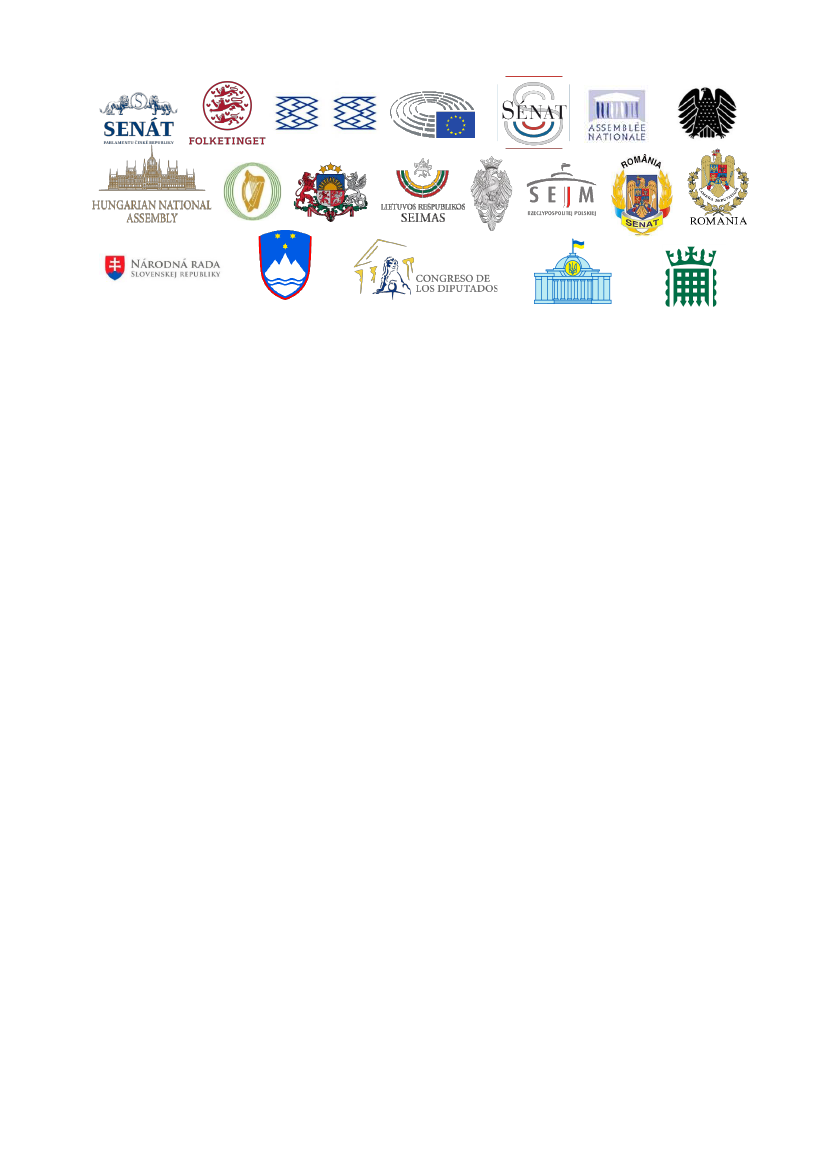
Mrs Ursula von der Leyen,
President of the European Commission
Mr Charles Michel,
President of the European Council
Mr Jens Stoltenberg,
NATO Secretary General
We, Chairs of our respective parliament’s Committees, strongly condemn the ongoing Lukashenko regime
hybrid attack at the Eastern borders of the EU and NATO. In retaliation to existing EU sanctions, the
illegitimate Belarusian President Alexander Lukashenko has been instrumental in creating an artificial
migration route and cynically exploiting migrants in his attempts to destabilise Poland, Lithuania and Latvia,
and the entire European Union, to force the EU to lift the sanctions imposed on his regime.
We acknowledge the efforts of the European Commission to find responses to the migration crisis created
on the external borders and engage in talks with third countries to stem the flow of migrants to Belarus, from
where in turn, they are to be used as part of Lukashenko regime’s hybrid warfare tactics. Since spring 2021,
we have observed and adapted to the evolving attack by the Lukashenko regime on the EU by orchestrating
intense migrant flows to the borders of Latvia, Lithuania, and Poland with Belarus. The recent escalation
near the Polish-Belarusian border has changed the security situation, creating severe humanitarian and
security challenges to the EU. It demands decisive and joint action to counter the crisis.
Today, despite international efforts of the democratic community and the work done on the ground to
physically defend Europe’s frontiers, thousands of illegal migrants are still planning or already on their way
to travel to Minsk to then attempt to enter the EU and NATO territories illegally.
Suppose the regime and Belarus refuse to respect its international obligations and commitments, undermine
the peace and security of Europe, and continue to repress and abuse people seeking nothing more than to
live in freedom. In that case, we will continue to pressure Lukashenko and those supporting his regime, and
will not lessen our calls for accountability and continue to draw the international community’s attention.
Developments on the EU border indicate a need to consider how to best adapt the existing legal framework
to the new realities to enable us to adequately address attempts of instrumentalisation of illegal migration
for political purposes and other hybrid threats. No third party – be it a country or supra-national groups –